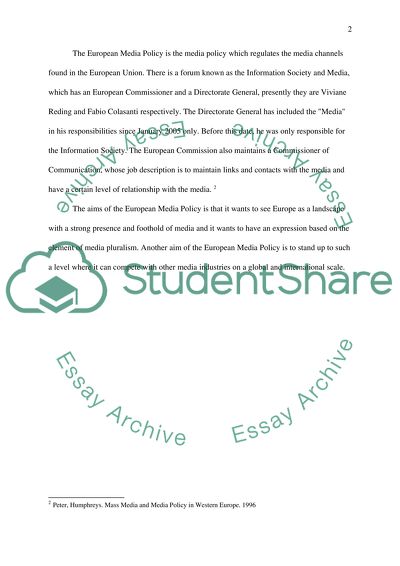Cite this document
(“European Media Policy Essay Example | Topics and Well Written Essays - 2000 words”, n.d.)
European Media Policy Essay Example | Topics and Well Written Essays - 2000 words. Retrieved from https://studentshare.org/miscellaneous/1511030-european-media-policy
European Media Policy Essay Example | Topics and Well Written Essays - 2000 words. Retrieved from https://studentshare.org/miscellaneous/1511030-european-media-policy
(European Media Policy Essay Example | Topics and Well Written Essays - 2000 Words)
European Media Policy Essay Example | Topics and Well Written Essays - 2000 Words. https://studentshare.org/miscellaneous/1511030-european-media-policy.
European Media Policy Essay Example | Topics and Well Written Essays - 2000 Words. https://studentshare.org/miscellaneous/1511030-european-media-policy.
“European Media Policy Essay Example | Topics and Well Written Essays - 2000 Words”, n.d. https://studentshare.org/miscellaneous/1511030-european-media-policy.


